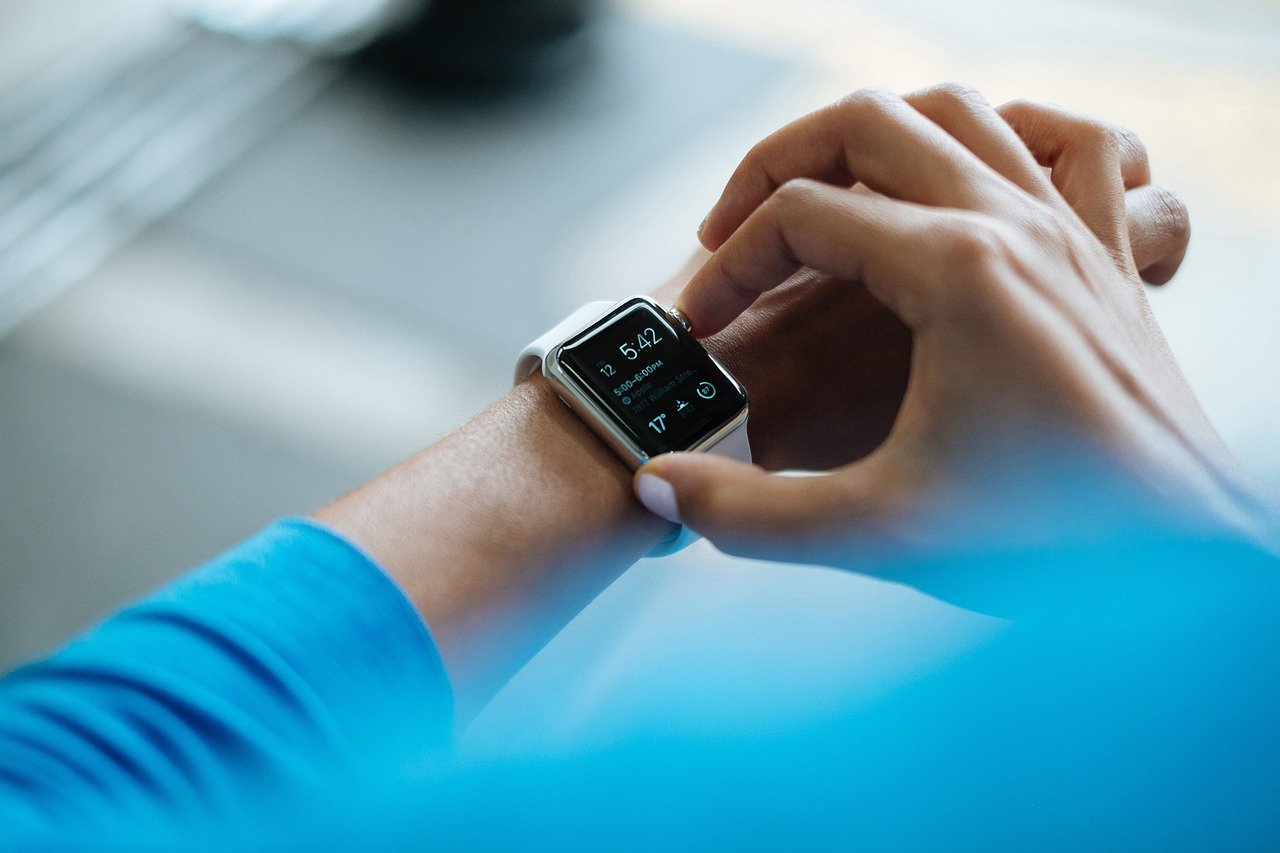Daly Travel® News
 Countries testing wearable devices to track arriving travelers’ location and health
Countries testing wearable devices to track arriving travelers’ location and health
A mandate for international travelers to secure devices to their bodies is viewed by some countries as a high-tech solution to contain the spread of Covid-19 and restart their tourism activities.
Singapore, Hong Kong, and South Korea are interested in tracking arrivals’ movements to assure compliance with quarantines, while the Cayman Islands wants to monitor health data. Each sees wearables as a way to harness the economic benefits of tourism while reducing the risk posed by the pandemic.
After immigration clearance, travelers receive the devices, making it easier to ensure they follow the rules.
Hong Kong and South Korea issue wristbands that track an arrival’s movements to ensure quarantine compliance.
Hawaii is also considering GPS technology to track movements within resort areas. That plan is still in its early development.
If privacy issues are a concern, they appear to take a backseat to potential economic benefits among tourism officials. Roger Dow, president and CEO of the U.S. Travel Association wants to see it adopted by the U.S.
“Travel is the front door to economic development,” he said. “If we don’t get this thing moving again with [wearable] technologies, this economy and country are going to be in very dire straits.”
U.S.-based BioIntelliSense designed BioButton to track critical health metrics, including temperature and respiratory rate. Using a combination of data and daily health surveys, it assesses the wearer’s health regularly, and can also assist with contact tracing.
The device, approved by the Food and Drug Administration, has been in use since January to allow medical personnel to monitor a patient’s health data once released from a hospital.
The BioButton is about the size of a quarter and adheres to a wearer’s chest. The battery lasts 30 days. It transmits data every 10 minutes, including temperature, heart rate, and respiratory rate, all critical metrics for possible Covid-19 symptoms.
It also incorporates technology that can be useful for contact tracing by measuring how close the wearer is to other people wearing BioButtons and how long they are in proximity. It does not capture broader location data.
A plus of the BioButton over spot temperature check is that it continuously monitors for temperature spikes throughout the day, providing a more accurate health assessment. The data is medical-grade, distinguishing it from wearable fitness trackers, whose accuracy of heart rate monitoring, for instance, can be plus or minus 20%.




Sorry, the comment form is closed at this time.